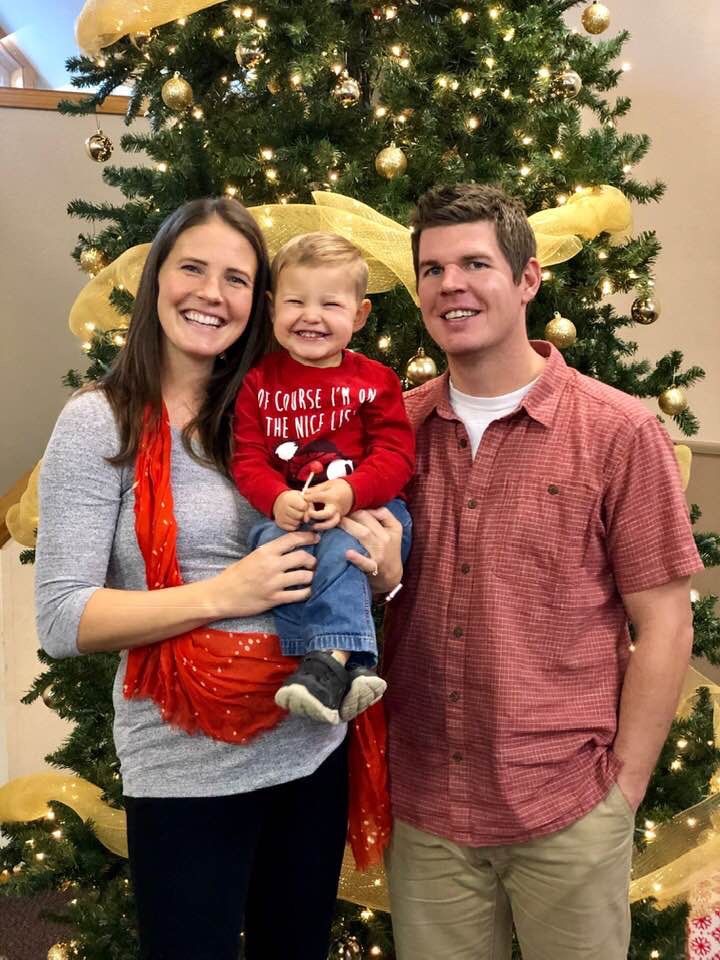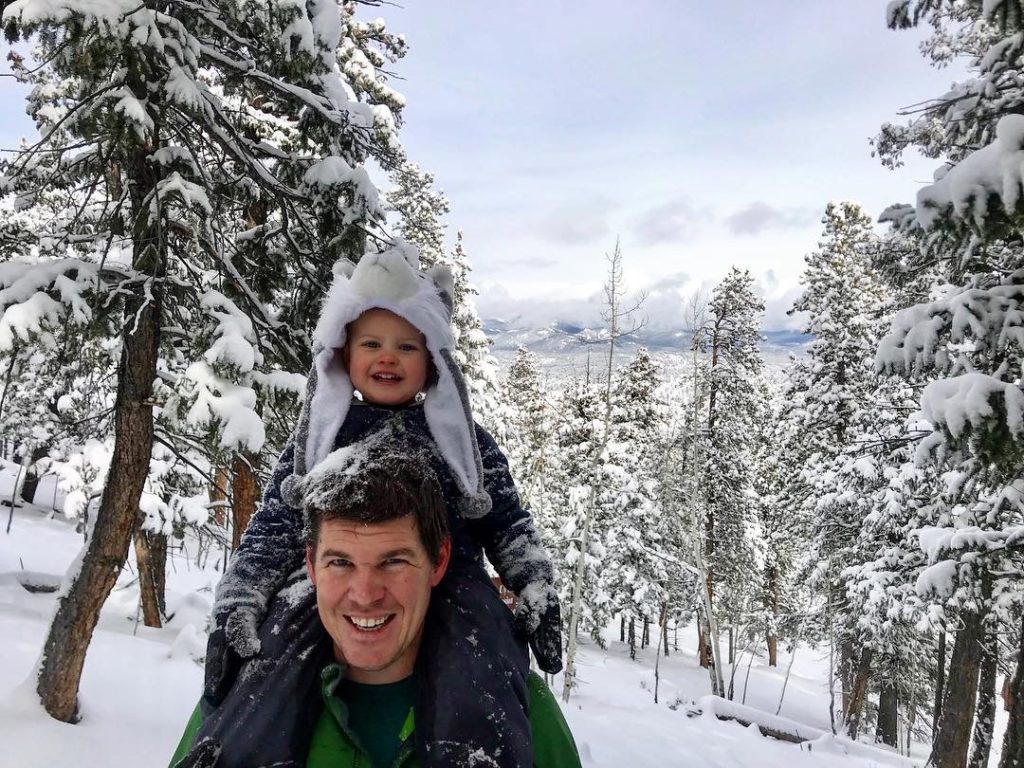The Concord Consortium’s Teacher Ambassador program commemorates our 25th anniversary by recognizing 25 outstanding teachers who have included our digital inquiry resources into their STEM classrooms. We congratulate them on their innovation and creativity.
David Oyler, Rocky Mountain Deaf School, Denver, CO
“We wondered when you’d figure it out.” Once David Oyler decided to be a teacher, his friends and colleagues wondered what had taken him so long. They understood his heart lay in teaching long before he did.
“I knew I wanted science to be part of my career,” he explains, “but after trying computer science, pre-med, biology, chemistry, and environmental science classes, I realized that I was made to teach science.” When he landed a job teaching at a summer camp for deaf students, he realized “deaf students were the demographic I was most called to.” Twelve years later he’s innovating ways to teach 6-12th grade science and STEM at the Rocky Mountain Deaf School in Denver.
David grew up surrounded by teachers. Four of his father’s six siblings became teachers. His mother was a grade school teacher. And David’s grandmother, Ruth, taught in one-room schoolhouses in Illinois. “Their heartfelt passions rubbed off on us in the most positive and influential ways possible,” he says. “Now, several of my cousins and I are teachers, and others are in the service professions like nursing and speech pathology.”

David with his wife Justine and son Davy.
Encouraged by his wife, Justine, who—no surprise—is a teacher, and their two children, David is constantly looking for ways to innovate in the classroom. He discovered that Concord Consortium’s models and interactives on climate change “allowed the students to create and synthesize as they progressed through the lessons.” The students’ knowledge grew organically as one question led to the next during a discussion of greenhouse gases.
“Concord’s lessons, real-world data, and connections really invigorated the students and increased their passion, connectivity, and curiosity, all of which are crucial in all classrooms, especially the science lab,” David says. Most recently he’s been piloting a new geoscience unit of our GEODE program with his Earth science students at the middle and high school level.
His own “a-ha” moment came when he realized that he needed to guide the students’ questioning towards deeper discoveries and allow them to create, find, and test answers. “The future will include jobs that don’t exist yet,” he says. “That ignites my passion to help students practice critical thinking, innovation, and teamwork, but also to see their original work, their art-infused solutions, and their implementation of what we’ve learned to make the world a better place.”
To that end, he’d like to see “story-lining”—rearranging units and topics so they are taught in synchrony instead of as individual topics—become a standard feature of science teaching. “For instance,” he explains, “you might work through the population genetics of grey wolves, but within the case study, you identify their role in the ecosystem and food web in which they live.” As students compare and contrast grey wolves and red wolves, they learn about evolution and taxonomy, as well as genetics and ecology. “By story-lining, students better envision the connectedness of science.” He believes that with more administrative and financial support, teachers can develop many innovative STEAM topics relevant to their students.

David with his son Davy.
When he’s not teaching, David is an avid ultrarunner. (“I’m slow but can go a long time.”) For his recent 35th birthday he ran 35 miles while raising $1,000 for a local clean water nonprofit. Being in Colorado, he is, of course, a rock climber and high-altitude gardener. But most recently, he’s started listening to cigar box guitar music and hopes to make one of his own soon.
Favorite ice cream: Chocolate marshmallow or the most coffee-infused flavor
One thought on “His heart belongs to teaching”
Comments are closed.
Congratulations David. I know the love you have for teaching. You make me so proud.